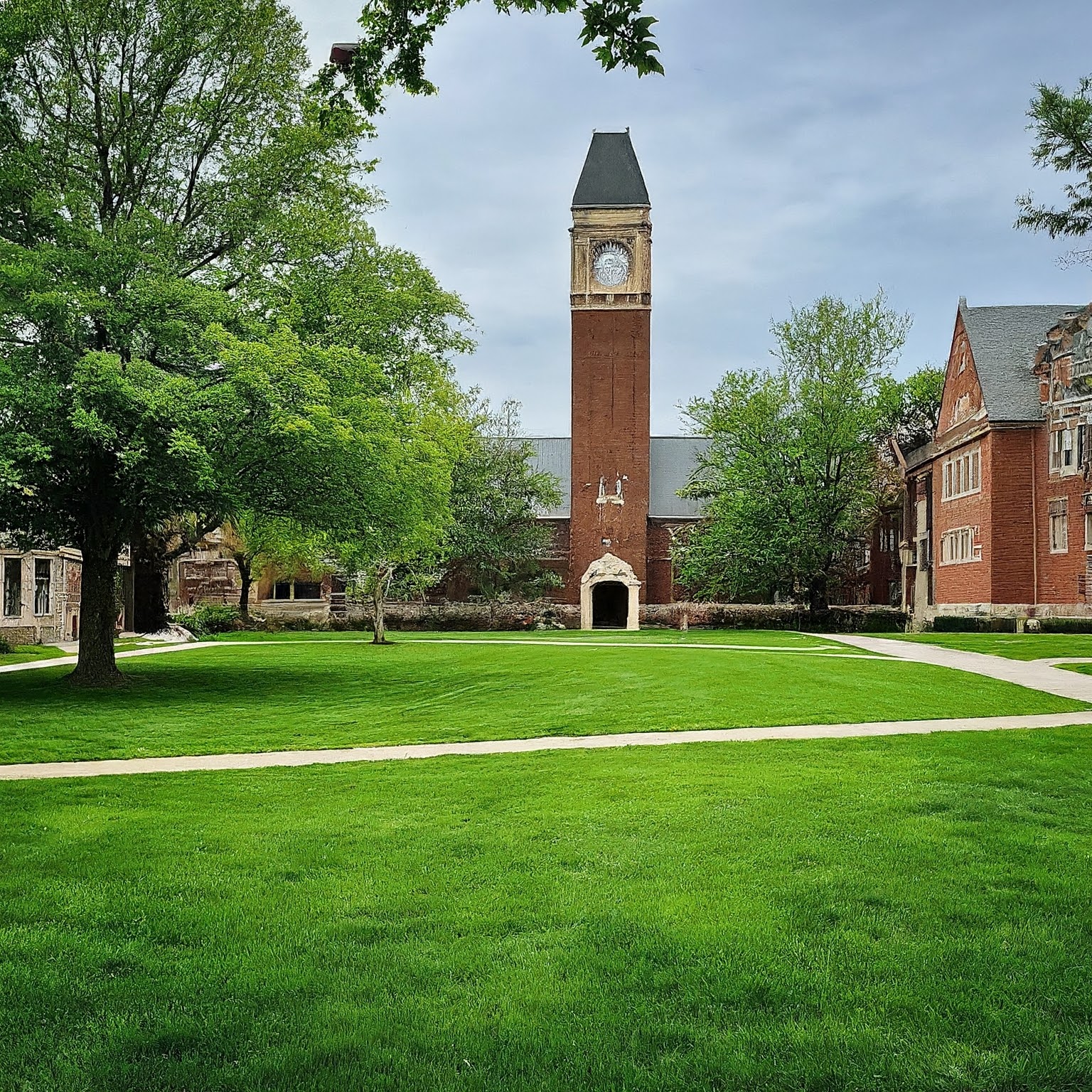Introducing Dr. Sarah Jones
Dr. Sarah Jones is a licensed clinical psychologist with over 15 years of experience specializing in the treatment of trauma and PTSD in young adults. She works extensively with college students and their families, providing guidance and support in navigating the challenges of mental health on campus.
College: A Time of Transition and Unexpected Stressors
College is often romanticized as a period of intellectual exploration and personal growth. While this is true, the transition to college life can be unexpectedly stressful. Students face academic pressure, social anxieties, financial burdens, and the challenges of navigating independence for the first time. These stressors can be overwhelming, and for some students, they can contribute to the development of Post-Traumatic Stress Disorder (PTSD).
Understanding PTSD: From Battlefield to Backpack
PTSD is a mental health condition that can develop after experiencing or witnessing a traumatic event. While traditionally associated with combat veterans, PTSD can be triggered by a wide range of experiences, including sexual assault, bullying, accidents, and natural disasters.
Symptoms of PTSD can include:
- Flashbacks – Reliving the traumatic event in vivid detail
- Nightmares – Disturbing dreams related to the trauma
- Intrusive thoughts – Unwanted thoughts or images about the trauma
- Avoidance – Avoiding people, places, or situations that trigger memories of the trauma
- Hypervigilance – Feeling constantly on edge and easily startled
- Negative changes in mood or thinking – Difficulty concentrating, feelings of guilt or shame, loss of interest in activities once enjoyed

Symptoms of PTSD
| Category | Description | Example |
|---|---|---|
| Intrusive Thoughts | Unwanted thoughts or images about the trauma | A student who was in a car accident may have flashbacks of the crash or intrusive thoughts about driving. |
| Avoidance Behaviors | Avoiding people, places, or situations that trigger memories of the trauma | A student who was sexually assaulted in their dorm room may avoid returning to their dorm or social events. |
| Hypervigilance | Feeling constantly on edge and easily startled | A student who was the victim of a robbery may be jumpy and easily startled by loud noises. |
| Negative Mood Changes | Difficulty concentrating, feelings of guilt or shame | A student struggling with PTSD may experience difficulty focusing in class or withdraw from social activities due to feelings of shame. |
Why Are College Students Experiencing Higher Rates of College PTSD?
Research suggests that college students may be at an increased risk for developing PTSD due to a number of factors, including:
- Increased exposure to trauma: College campuses are not immune to violence or traumatic events. Students may experience sexual assault, hazing, bullying, or witness violence against others.
- Academic pressure: The pressure to succeed academically can be immense, leading to chronic stress and anxiety.
- Social isolation: The transition to college can be lonely, especially for students who are far from home and struggling to make friends.
- Financial difficulties: Financial stress is a significant burden for many college students, and the worry about paying for tuition, housing, and other expenses can be overwhelming.
The Symptoms: Recognizing PTSD in Yourself or Your Loved One
If you or someone you know is experiencing symptoms of PTSD, it’s important to seek professional help. Early intervention is crucial for managing symptoms and preventing long-term negative consequences.
Here are some signs to watch for:
- Difficulty coping with daily life
- Changes in sleep patterns
- Increased substance abuse
- Difficulty concentrating in school
- Withdrawing from social activities
- Feelings of hopelessness or despair
Seeking Help: Resources and Support on Campus
Most colleges and universities offer mental health services to students. These services may include individual therapy, group therapy, and medication management. In addition to on-campus resources, there are many national organizations that provide support and information for people with PTSD.

Creating a Supportive Network: Tips for Students, Parents, and Educators
College students with PTSD don’t have to navigate this challenge alone. Here are some tips for creating a supportive network:
For Students:
- Seek professional help: Don’t hesitate to utilize the mental health resources available on campus. Therapists can provide guidance and develop coping mechanisms to manage your symptoms.
- Join a support group: Connecting with others who understand what you’re going through can be incredibly helpful. Many colleges offer support groups specifically for students with PTSD.
- Build a strong social network: Surround yourself with positive and supportive people. Let your friends and classmates know what you’re going through and how they can best support you.
For Parents:
- Educate yourself: Learn about PTSD and how it manifests in young adults.
- Communicate openly: Talk to your child about their experiences and validate their feelings.
- Offer support, not pressure: Avoid putting pressure on your child to “get over it.” Be patient and understanding as they navigate their healing journey.
- Advocate for your child: If you feel your child isn’t receiving the support they need on campus, don’t hesitate to advocate on their behalf.
For Educators:
- Be aware of the signs of PTSD: Educate yourself about the symptoms of PTSD so you can identify students who may be struggling.
- Create a safe and supportive classroom environment: Foster a classroom environment where students feel comfortable talking about their mental health concerns.
- Offer resources and support: Direct students to campus mental health resources and make them aware of available support groups.
- Be mindful of deadlines and workloads: Consider the impact of academic pressure on students with PTSD and offer flexibility when possible.
Hope Beyond Textbooks: Your Path to Healing
PTSD is a serious condition, but with treatment and support, students can heal and thrive in college. There is hope beyond textbooks. By seeking professional help, building a strong support network, and developing healthy coping mechanisms, students with PTSD can manage their symptoms and achieve their academic goals.
Remember: You are not alone. There are many resources available to help you on your journey to healing.




